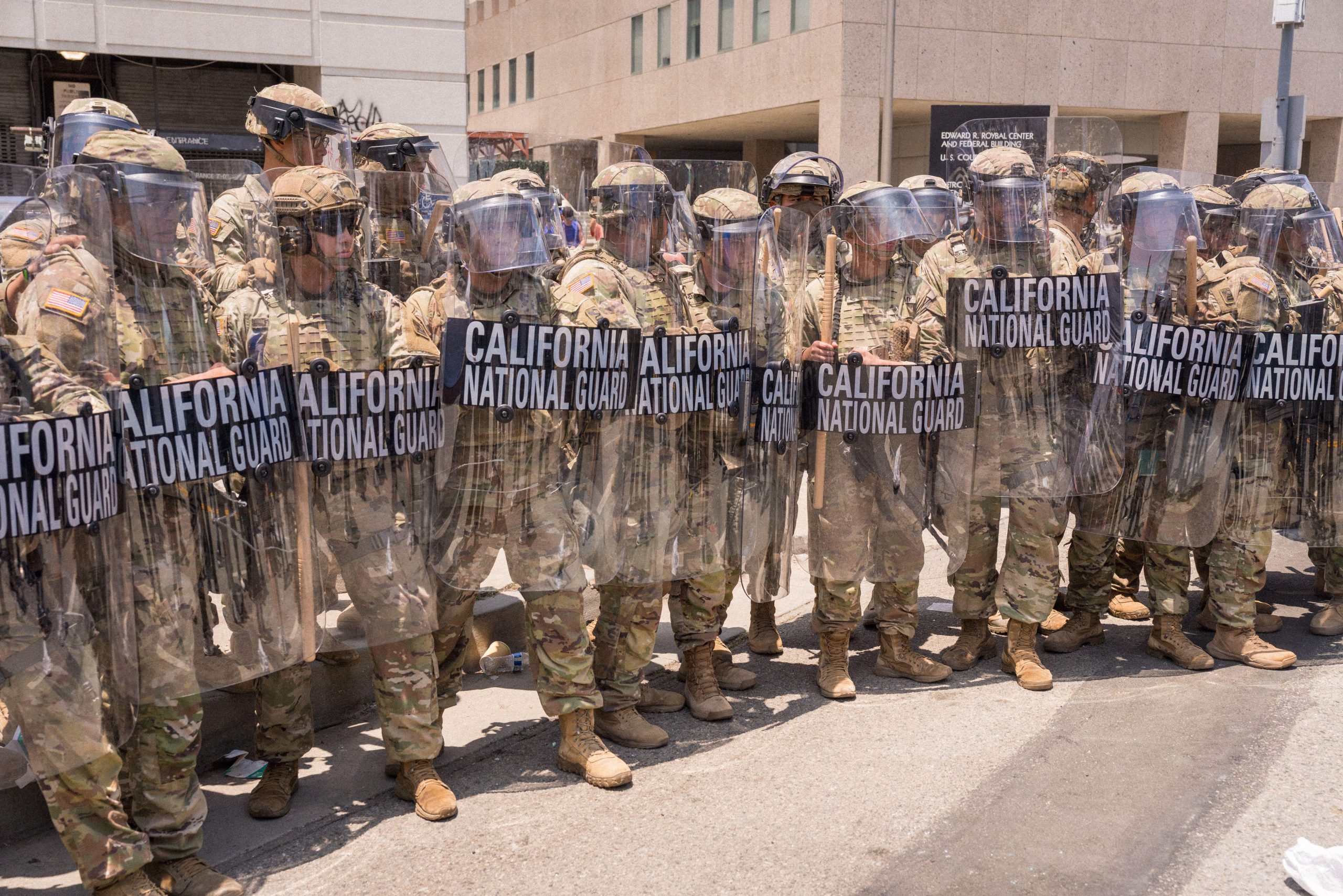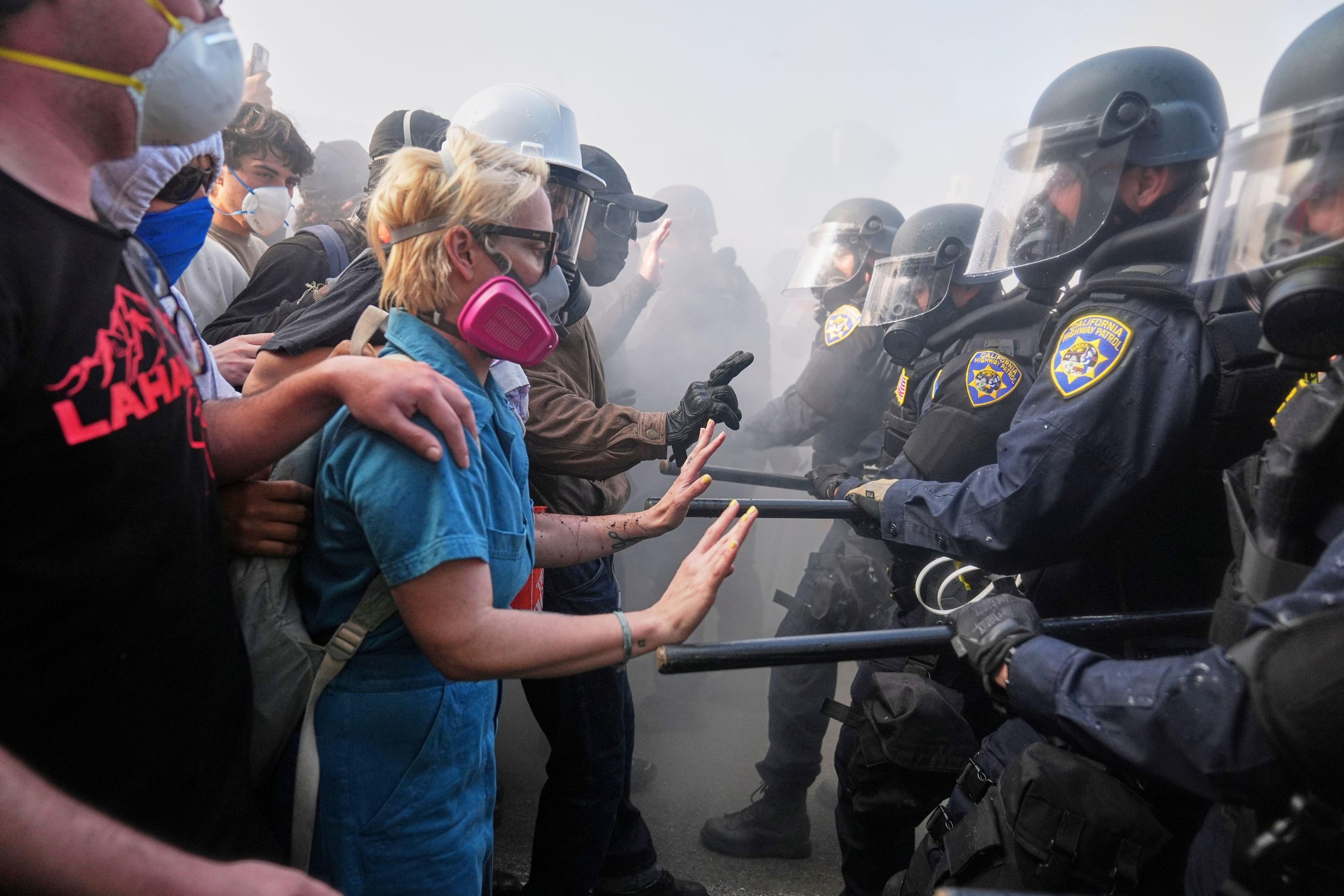Gaddafi’s tight rein on journalists means that protests in Libya are particularly difficult to monitor, as violence escalates. Libya is placed 160th out of 178 countries in Reporters Without Borders’ press freedom index 2010.
Sarah Leah Whitson from Human Rights Watch explained the difficulties of counting the number of demonstrators on America’s NPR:
“[It’s] extremely hard to say because we are only relying on eyewitnesses in the ground and estimating numbers of crowds is the most inaccurate information that people ever give. But we have reports of thousands and tens of thousands people demonstrating in various cities.”
CNN is claiming that the channel’s correspondent Ben Wedeman, who entered eastern Libya from Egypt, is the “first Western television correspondent to enter and report from Libya during the current crisis”.
Meanwhile, Nazanine Moshiri has filed Al Jazeera’s first report from the border with Libya. Details are scant, however. On Tuesday morning eyewitness in Tripoli reported extreme violence, with “fighter jets bombarding and heavily armed mercenaries using high-caliber, perhaps even anti-aircraft guns on protesters”. But, as Al Jazeera reports: “So far, though, almost no images or videos have emerged of the attacks.”
Libyans are unlikely to be able to access Al Jazeera’s coverage: its website is blocked in Libya, and the country’s intelligence agency is behind a “powerful jamming” that has disrupted its television signal in the Middle East and North Africa, according to a report on Reuters Africa.
“The source of (the) signal blockage has been pinpointed to a Libyan intelligence agency building… south of the capital Tripoli,” said Al Jazeera, whose coverage of a regional political unrest has been watched across the Arab world.”
At the time of writing, death count estimates vary. The International Federation for Human Rights says that protests have resulted in 300 to 400 deaths, with thousands injured. On 20 February, Human Rights Watch reported the death toll was up to 233 over four days.




